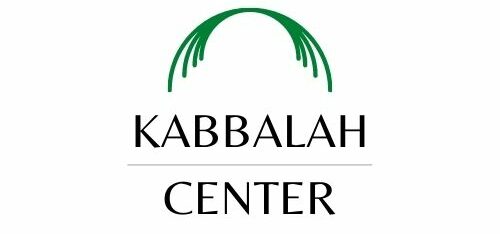Shavuot Meaning
In Hebrew, “Shavuot” means “weeks,” which is why Shavuot is also known as the Festival of Weeks.
Why Celebrating Shavuot? Matan and Dvar Torah
Shavuot commemorates the day when according to Jewish tradition, God revealed the entire Torah to Moses on Mount Sinai.
That is why the period between Passover and Shavuot is a time of solemnity. During certain segments of this period, tradition forbids marriage ceremonies and playing of live music.
The devout avoid cutting their hair, for this is a season for preparing oneself to receive the Torah, a time for study and meditation.
How Is Shavuot Celebrated ?
Like all Jewish holidays, it begins the night before. At home, Jews conduct the customary candle-lighting ceremony and blessings, making Kiddush over wine or grape juice and the blessing over the bread (usually two loaves), before enjoying a festive holiday meal.
Shavout History and Agriculture Meaning
Just like Passover and Sukkot, the other two pilgrimage festivals when Jews traveled to Jerusalem to celebrate and give thanks at the Temple, Shavuot is laden with both historical and agricultural importance.
Unlike those other two festivals, however, Shavuot is not a lengthy holiday: It lasts for only one day (or two days, in the case of more traditional Diaspora Jews).
Despite its religious significance, the Torah itself first mentions Shavuot as an agricultural festival marking the transition between the barley harvest and the start of the wheat-ripening season.
Before the destruction of the Temple, Jews used this brief respite from work to travel to Jerusalem, to celebrate and offer sacrifices at the Temple.
After the destruction of the First Temple, many pilgrims continued to come from Babylon. Communities that could not send all their members dispatched a representative delegation.
After the razing of the Second Temple in 70 C.E., pilgrimages became impossible. Hence, the focus of the holiday shifted from its dual agricultural and spiritual importance to emphasize the spiritual aspect.
Why Jews Eat Dairy on Shavuot?
Tradition holds that Jews should have at least one dairy meal during Shavuot. One explanation is that it serves as a reminder of God’s promise to deliver the Hebrews into a land flowing with milk and honey (Exodus 3:8).
Another explanation suggests that when the Hebrews received the Torah (which includes the dietary laws), they did not yet have separate meat and dairy dishes and thus had to eat only dairy until they could have proper utensils. A more symbolic explanation is that Jews eat dairy because the Hebrews were as innocent as newborns, whose only food is milk.
Shavuot Service and Prayers
During Shavuot, the holiday that commemorates the Hebrews receiving the Torah, morning Torah readings include the revelation at Mount Sinai and the giving of the Ten Statements (Exodus 19:1–20:23). The portion involving the Ten Statements is recited in a special chant.
In many Ashkenazic synagogues, the Shavuot service includes a liturgical poem titled “Akdamot Milin.” Written in Aramaic by Rabbi Meir ben Isaac of Worms, Germany, in the eleventh century, this poem exalts Israel’s attachment to the Torah and describes what conditions will be like during the time of the Messiah.
Sephardic congregations recite a piyyut (religious poem) called azharut, which lists the 613 mitzvot. Yizkor, the memorial service, is recited on the first day or on the second day for those who observe two days.
The Book of Ruth
On Shavuot, congregations also read from the book of Ruth, which relates the inspiring story of a Moabite woman who, after the death of her Jewish husband and her father-in-law, voluntarily chose Judaism in order to be with her mother-in-law.
Most likely, you’ve heard some version of Ruth’s famous unselfish pledge to her mother-in-law: “For wherever you go, I will go; wherever you lodge, I will lodge; your people will be my people and your God my God” (Ruth 1:16).
The saga of Ruth is recounted on Shavuot for two reasons. First, part of the story happened during the barley and wheat harvests. Second, like the Hebrews at the foot of Mount Sinai, Ruth freely accepted the Torah and Judaism, making her the first recorded convert to this faith. What is more, Ruth became the great-grandmother of King David.
The concept of being given the Torah and opting to embrace it remains relevant today because, as a midrash explains, the Sinai experience touches all Jews since all Jews—past, present, and future—were present at Sinai.
Since Shavuot marks the giving of the Torah, many Reform, Orthodox and Conservative congregations hold confirmation services on Shavuot.
Confirmation is an occasion that recognizes the completion of a course of study for those who continue on, past bar mitz-vah and bat mitzvah, to several more years of Jewish education.
When is Shavuot ? Shavuot 2021 dates
Shavuot occurs exactly seven weeks after the second day of Passover, a time period that represents the interval when the Hebrews left Egypt but had not yet received the Torah. Erev shavuot 2021 occurs on May 16-18.


